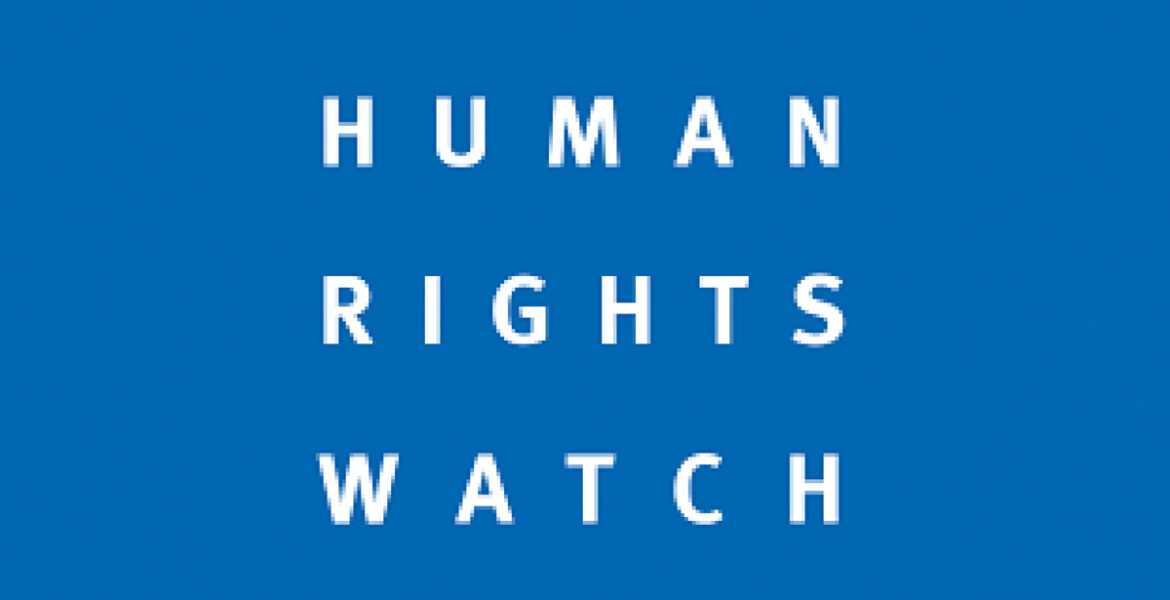Bangladesh authorities should suspend plans to send Rohingya refugees back to Myanmar, where their lives and liberty would be at grave risk, Human Rights Watch said On March 31, 2023.
Rohingya told Human Rights Watch that they were lied to, deceived, or otherwise coerced by Bangladesh administrators into meeting with a recent delegation of Myanmar junta officials as part of a “pilot repatriation” effort to return about 1,000 refugees. Some were told the meetings concerned possible resettlement to a third country.
“Voluntary, safe, and dignified returns of Rohingya refugees to Myanmar are not possible while the military junta is carrying out massacres around the country and apartheid in Rakhine State,” said Meenakshi Ganguly, South Asia director at Human Rights Watch. “Bangladesh authorities should stop deceiving these refugees to get them to engage with junta officials when it’s clear that Rohingya will only be able to return safely when rights-respecting rule is established.”
Conditions in Myanmar’s Rakhine State have not been conducive to voluntary, safe, or dignified returns of Rohingya refugees since 2017, when more than 730,000 Rohingya fled the Myanmar military’s crimes against humanity and acts of genocide. The prospect of durable returns has grown ever more distant since the February 2021 military coup in Myanmar, carried out by the same generals who orchestrated the 2017 mass atrocities.
Bangladesh has appropriately not compelled these refugees to return and should continue that policy with the support of international donors, Human Rights Watch said.
A delegation of 17 Myanmar junta officials visited the Cox’s Bazar camps in Bangladesh, which house about one million Rohingya refugees, from March 15-22, 2023. The officials interviewed 449 Rohingya from 149 families in the Teknaf camps for “verification” for the pilot repatriation process, media reported. A junta official told Agence France-Presse that the pilot program could start as early as mid-April.
Human Rights Watch spoke with 15 Rohingya about their verification interviews. Not one said that they had been informed in advance that they would be meeting with junta officials about being returned to Myanmar. All 15 said they had been interviewed several times by Bangladesh authorities over the past two years, but had never been told that their names were listed for possible return.
“I wasn’t informed that I would be interviewed by the Myanmar delegation,” said a Rohingya man interviewed by junta officials on March 15 along with 10 family members. “I was called beforehand by the camp-in-charge [CiC, a Bangladesh official], who told me to be present on the interview date at my shelter. When I asked why, he said I would be interviewed for the opportunity to go abroad for resettlement. I never realized it was a Myanmar delegation I was going to meet, or that it was about repatriation.”
He said that the CiC had threatened him: “He said that if we weren’t present for the interview, we’d be forced by the police to appear. So, I doubted that it was about resettlement options, and worried it was about repatriation instead.”
A majhi (Rohingya community leader) who was interviewed by the delegation on March 21 said that he was also not informed about the reason for the interview or those that preceded it, and was similarly threatened by Bangladeshi officials with police intervention when he resisted.
“For future returns to be truly voluntary, the Bangladesh authorities need to allow Rohingya to live freely, without enforcing pressures pushing them to go back,” Ganguly said. “Donors should increase support for a more sustainable life for Rohingya today, which will help them develop the skills and independence needed for the day when safe returns are possible.”

